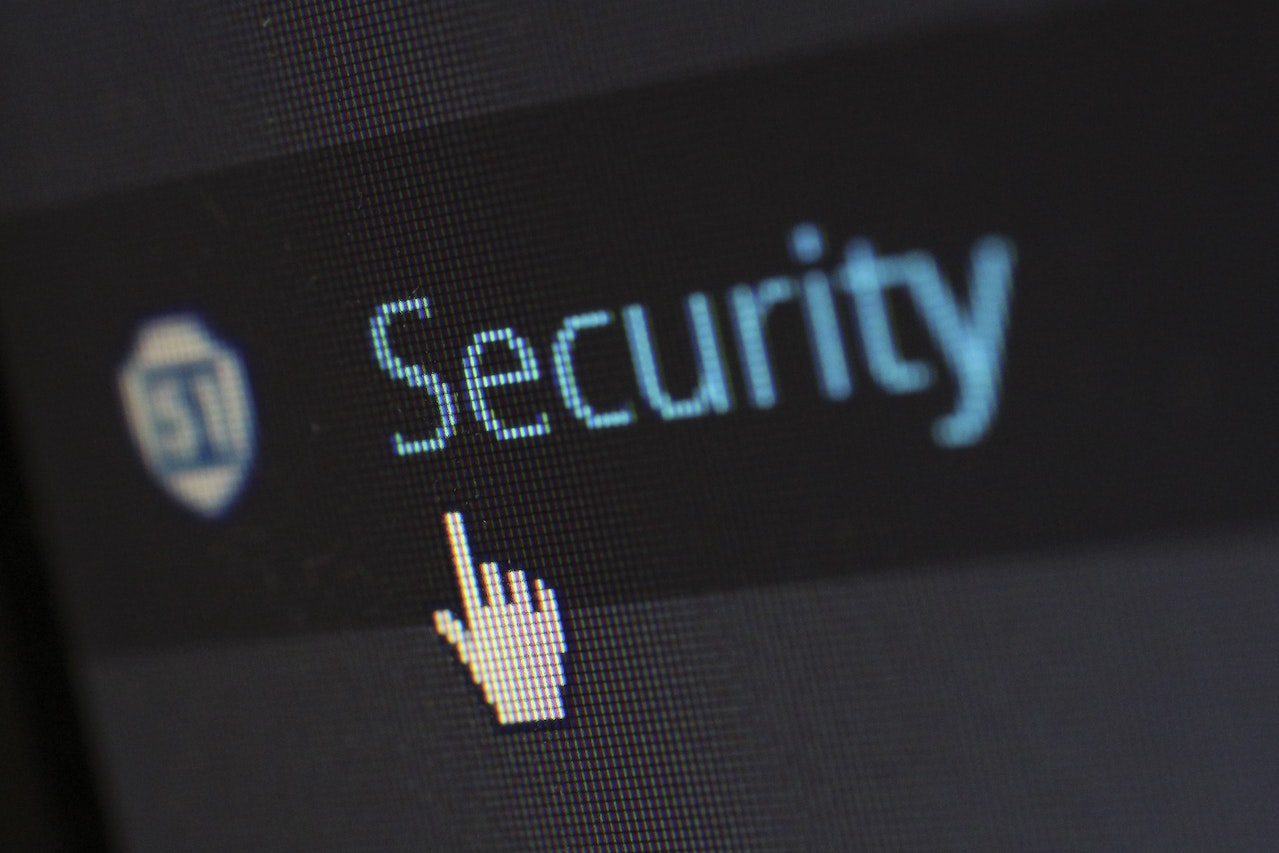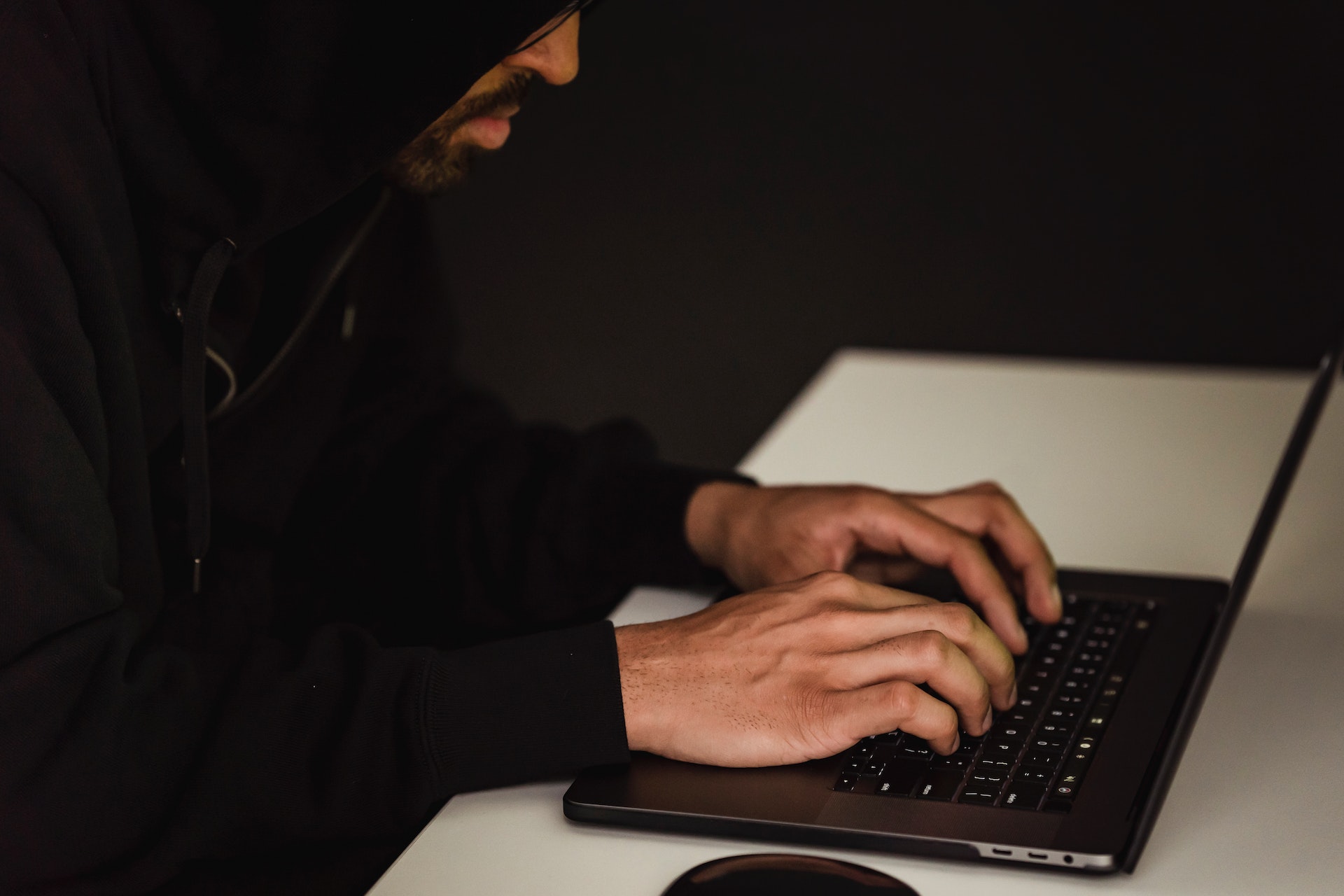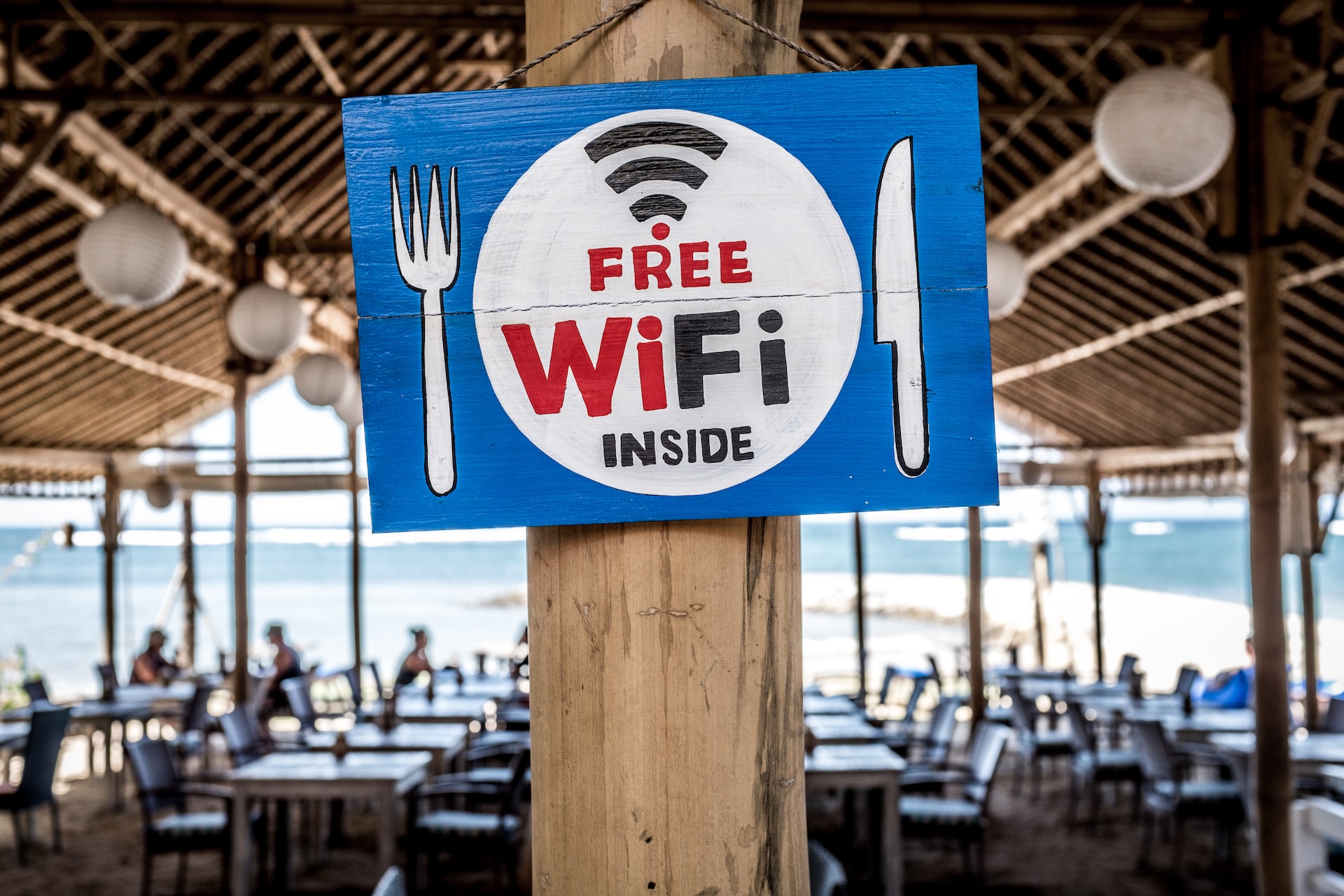As our daily lives become increasingly reliant on the internet, it’s important to take steps to secure our online accounts. Hackers and cyber criminals are constantly finding new ways to gain access to sensitive information, and a compromised account can lead to everything from identity theft to financial loss.

But fear not! By following a few simple best practices, you can greatly reduce the risk of your online accounts being hacked. Here are 8 expert-approved tips for maximizing the security of your online accounts:
Use strong, unique passwords
One of the most basic yet effective ways to protect your online accounts is to use strong, unique passwords. This means avoiding using the same password for multiple accounts, and using a combination of letters, numbers, and special characters in your password. It’s also a good idea to avoid using personal information, such as your name or date of birth, in your password.
Enable two-factor authentication
Two-factor authentication (2FA) adds an extra layer of security to your online accounts by requiring a second form of verification, such as a code sent to your phone, in addition to your password. This makes it much harder for hackers to gain access to your account, even if they manage to obtain your password.
Use a password manager
Keeping track of unique, strong passwords for all of your online accounts can be a daunting task. That’s where a password manager comes in. These tools allow you to store all of your passwords in a secure, encrypted format, and can even generate strong passwords for you. All you need to remember is a single master password to access the password manager.
Be cautious when clicking links
Phishing attacks, in which hackers send fake emails or messages that appear to be from a legitimate source in an attempt to trick you into giving away sensitive information, are a common way for hackers to gain access to online accounts. To protect yourself, be cautious when clicking on links, especially those that ask for personal information or login credentials. Instead, navigate to the website directly by typing the URL into your browser.
Keep your devices and software up to date
Hackers often exploit vulnerabilities in outdated software and devices to gain access to accounts. To protect yourself, make sure to keep all of your devices and software, including your operating system, internet browser, and antivirus software, up to date.
Use a virtual private network (VPN)
A virtual private network (VPN) encrypts your internet connection, making it much harder for hackers to intercept your data. This is especially useful when using public Wi-Fi networks, as they are often less secure than private networks.]
Be aware of public Wi-Fi risks
Speaking of public Wi-Fi, it’s important to be aware of the risks associated with using these networks. Avoid accessing sensitive information, such as online banking or shopping sites, while on a public Wi-Fi network. If you must use one, be sure to connect to a secure network and use a VPN.
Use security questions with caution
Many online accounts require the use of security questions to verify your identity in the event that you forget your password. While these can be convenient, they can also be a weak point in your account security if the answer to the question can be easily found or guessed. To protect yourself, avoid using personal information as the answer to your security questions, and consider using a password manager to generate a unique, secure answer instead.
In addition to these tips, there are a few other measures you can take to further secure your online accounts. Consider using a security key, such as a physical token or a biometric option like a fingerprint or facial recognition, as an extra layer of protection. You can also consider using a security freeze, which restricts access to your credit report and can prevent identity theft.
As cyber threats continue to evolve, it’s important to stay informed and take steps to protect yourself and your online accounts. By following these expert tips and being proactive about your online security, you can greatly reduce the risk of falling victim to a cyber attack.




